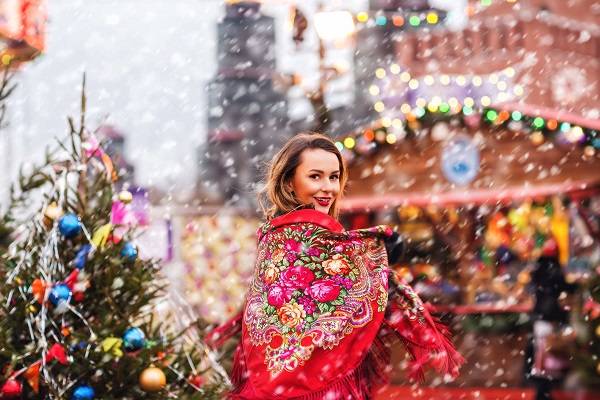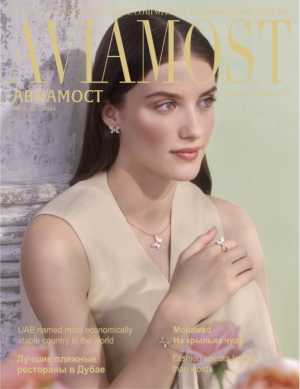Why Russians celebrate Christmas on January 7th?
By Olga_Gafurova Friday, 06 January 2023 12:50 PM

New Year and Christmas are the most anticipated holidays of the year for millions of Russian speakers. Even far from homeland, in the country of eternal summer – the UAE, we decorate Christmas trees, prepare traditional salads and festive dishes and look forward to these holidays with great anticipation and excitement, because they return us to a magical, fabulous time where miracles happen. We make plans for the future, hope for the best, make wishes and believe that they will come true.
Russian Orthodox Church celebrates Christmas in accordance with the old Julian calendar. This is the reason why Easter, Christmas and some other religious holidays come to Russia 2 weeks later.
In 1582 Pope Gregory XIII introduced a new calendar in Europe. That year October 5th became October 15th and was immediately adopted in most European Catholic countries. In Germany the new calendar was introduced in the early 18th century. America and Great Britain used old Julian calendar until 1752.
In Russia the Gregorian calendar was adopted only in 1918 by the decree of the Soviet Government. January 31 that year was followed by February 14. The Russian church didn't accept the changes and continue to celebrate Christmas on 25 December in the Julian calendar, which is 7 January in the Gregorian calendar. Other Orthodox churches that follow old Julian calendar include the Orthodox churches of Jerusalem, the Republic of Macedonia, Georgia, Serbia, Poland and the Greek Old Calendarists.
Even today the Russian church is reluctant to introduce the Gregorian calendar (or the Revised Julian calendar as in Greece and many other Orthodox countries). One common answer is that Apostolic rules do not allow to celebrate Easter before or during the Jewish Easter (or Pesah). In Europe it happened several times. But whatever are the reasons the different traditions allow us to see the diversity of cultures.




























Add new comment